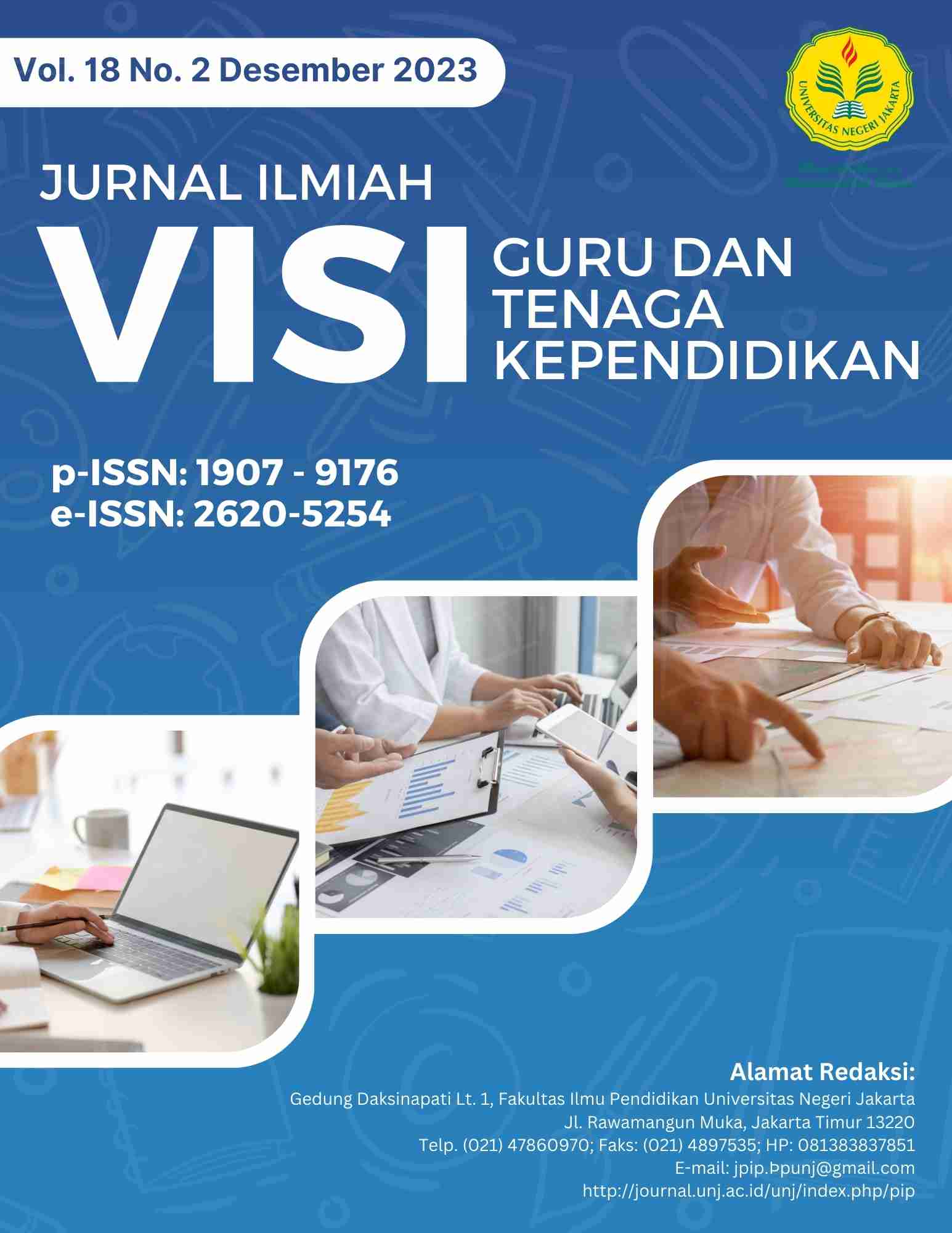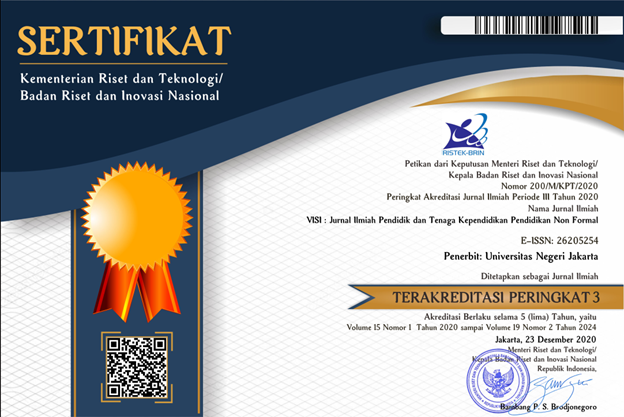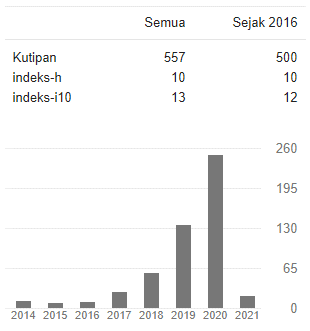Implementation of Project-Based Play Activities in Early Childhood Character Stimulation
DOI:
https://doi.org/10.21009/JIV.1802.7Keywords:
Curriculum, Project Approach, Character Stimulation, Play Activities, Early ChildhoodAbstract
Educator-designed play activities focus only on academic skills, not specifically including character in learning objectives. This study aims to develop a project-based play activity program as a form of character stimulation in early childhood. This research was conducted with the development of a program of play activities and digital-based learning media for early childhood. This research uses an R and D approach consisting of two stages, namely: (1) the development stage and (2) the implementation stage in ECCE institutions in the East Jakarta area. The development plan was prepared based on analysis on 5 (five) ECCE institutions in the DKI Jakarta area. The stimulation program is designed by creating a theme design, a weekly activity program, and a daily activity design. Stimulation programs that have been designed by teachers can be a reference in developing character in early childhood. Character recognition is carried out through a variety of activities arranged by the teacher and the use of learning media that are in accordance with the interests and interests of children. The learning media used is also designed with the use of visual and digital-based media. Play activities are carried out through a project-based approach which is implemented through the project introduction stage, project implementation stage, and project completion stage. The development of early childhood frogs is currently the basis for the formation of Indonesia's superior generation. The results of the study resulted in a model for developing early childhood character stimulation programs based on project approaches developed according to field analysis to shape character in children, namely 1) Religious, 2) Independent, 3) Responsible, 4) Cooperation and Helpful, 5) Care for the Environment, and 7) Critical and Creative Reasoning.
Downloads
Published
How to Cite
Issue
Section
License
Authors who publish with this Journal agree to the following terms:
- Author retain copyright and grant the journal right of first publication with the work simultaneously licensed under a creative commons attribution licensethat allow others to share the work within an acknowledgement of the work’s authorship and initial publication of this journal.
- Authors are able to enter into separate, additional contractual arrangementfor the non-exclusive distribution of the journal’s published version of the work (e.g. acknowledgement of its initial publication in this journal).
- Authors are permitted and encouraged to post their work online(e.g. in institutional repositories or on their websites) prior to and during the submission process, as it can lead to productive exchanges, as well as earlier and greater citation of published works.
- Users/public use of this website will be licensed to CC BY-NC-SA Creative Commons Attribution-NonCommercial-ShareAlike 4.0 International License









